NFTs are often associated with ape JPEGs that some people, for some reason, buy for tens or even hundreds of thousands of dollars. However, NFTs have evolved far beyond digital art, finding real-world use cases even in the real estate field. In this article, we explore how NFTs are being applied in the real estate sector, what this means for property ownership and investment, and how you can use it. Whether you're skeptical or curious, this piece will give you a deeper understanding of the tangible potential of NFTs in real estate.
What is an NFT? Understanding the Basics
Non-Fungible Tokens (NFTs) are unique digital assets stored on a blockchain that represent digital ownership of a specific item or piece of content, such as art, music, or even real estate. Unlike cryptocurrencies like Bitcoin or Ethereum, which are fungible and interchangeable, each NFT is distinct and cannot be exchanged on a one-to-one basis with another NFT. You can create a NFT through a process called minting, where the asset's metadata is encrypted and recorded on the blockchain, linking it to a unique identifier. This uniqueness and traceability are what set NFTs apart from other digital tokens.
Real Estate NFTs: A Revolutionary Application
Real estate NFTs at the fundamental level can represent both virtual and physical properties. Digital are the ones that are linked with something in the metaverse—imagine owning a piece of land in the virtual world of Decentraland or The Sandbox. Unlike this, the NFTs representing physical real estate assets are real-world property-backed tokens that work as a digital certificate of a property or a digital twin.
The process of converting a physical asset to an NFT involves converting the ownership rights of a property into a digital token on the blockchain. When a real-world asset is tokenized, its details—such as location, property features, and legal information—are encoded into the NFT's metadata. This tokenization makes it possible to buy, sell, or trade the property in the same way other digital assets are handled. The transaction is facilitated by smart contracts, which are self-executing agreements with the terms of the sale directly written into code. These smart contracts will automatically approve and make the transaction valid, so you don’t need to interact with intermediaries like brokers or notaries.
NFT Use Cases in Real Estate
The real estate industry has begun to recognize the transformative potential of NFTs. While the integration of NFTs in real estate is still in its early stages, we can already highlight several compelling use cases that showcase the versatility and advantages of this technology.
Turbocharging Real Estate Transactions with NFTs
NFTs dramatically increase the speed and efficiency of real estate transactions. Traditionally, property transactions require a lengthy title verification process that can take weeks, as you search through scattered, often physical, records. NFTs revolutionize this by leveraging blockchain technology, which functions as a transparent and immutable data ledger. When you tokenize a property into an NFT, its entire ownership history—including any encumbrances, easements, and liens—gets permanently recorded on the blockchain. This digital record is accessible 24/7 and can be verified instantly, reducing the title clearing process from weeks to mere hours or even minutes. The blockchain's transparency also builds trust in the market, as all information is easily retrievable and tamper-proof, paving the way for more efficient and secure real estate transactions.
Integrating Virtual Tours with NFTs
NFTs go beyond digital ownership by enhancing the property buying experience. High-resolution images, 3D models, and virtual tours can be embedded directly into the NFT representing a property in the digital environment. As a potential buyer, you can explore a property in intricate detail from anywhere in the world. Imagine sitting in Tokyo and taking a virtual tour of a property in New York City, experiencing every room and architectural detail as if you were physically there. Afterward, you can purchase this real estate asset as an NFT, complete with a permanently integrated virtual tour that you can share with friends. This feature is particularly valuable in luxury real estate, where showcasing every detail is crucial.
Using NFTs in Mortgage
NFTs are also making inroads into property financing, particularly through the concept of mortgage NFTs. Suppose you need a fast loan—you can pledge all or part of your house as collateral in the form of an NFT. This mortgage NFT ties into a smart contract that automates payments and manages the loan terms. Once you complete the mortgage payments, the smart contract automatically updates the blockchain ledger, ensuring that all parties involved have an accurate, real-time view of the mortgage’s status. This approach simplifies the mortgage process by reducing the need for traditional intermediaries while enhancing transaction transparency and security.
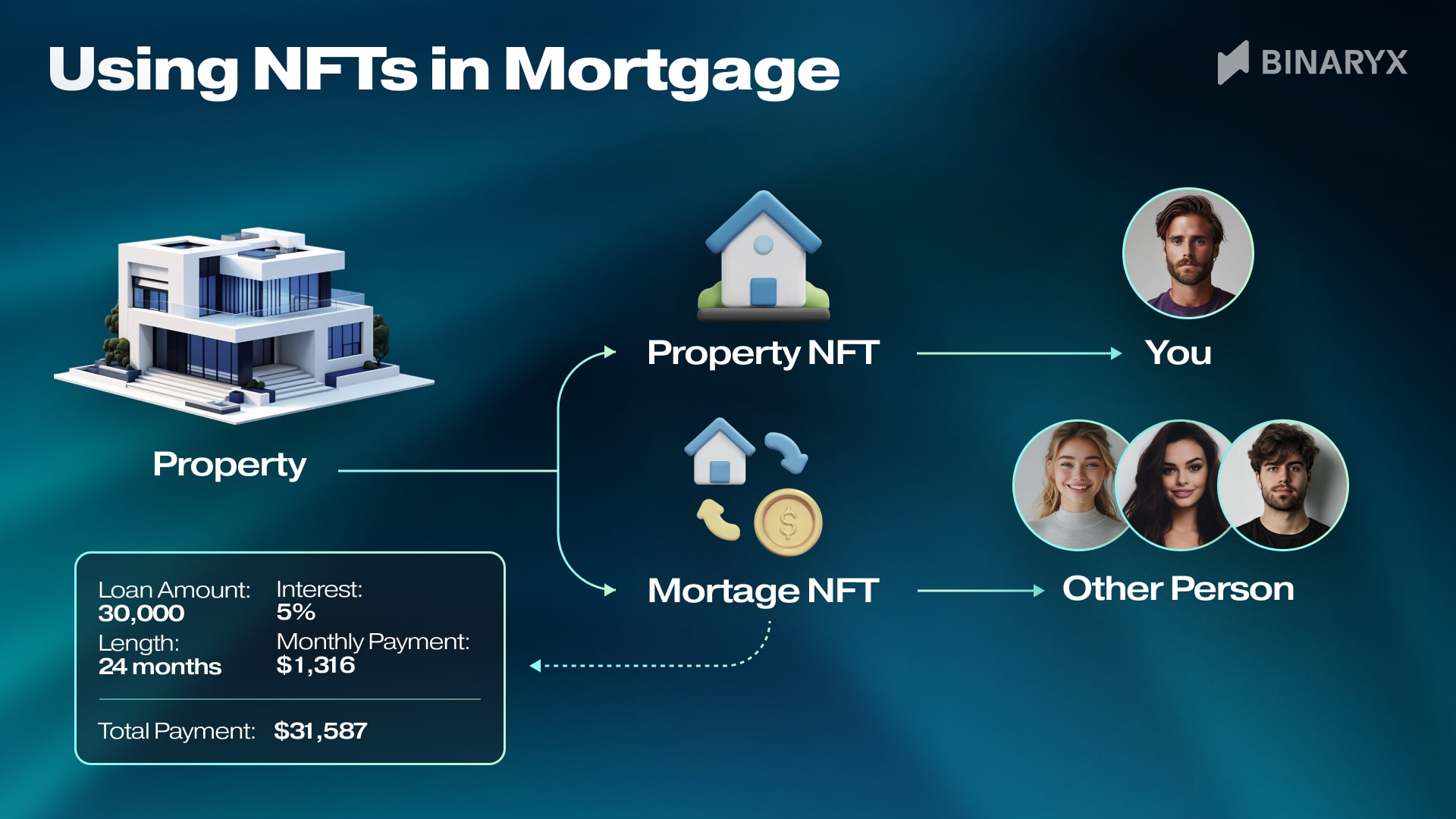
Tokenizing Real Estate Cash Flows
NFTs also offer innovative solutions for rental properties through the tokenization of property cash flows. This process separates property ownership from the income it generates, allowing owners to sell the rights to future rental income while retaining ownership of the property itself. These cash flow rights can be represented as NFTs and traded independently of the property. For example, as a rental apartment building owner, you could issue an NFT representing the rental income, split it into smaller pieces, and sell these to investors for instant cash. This approach provides liquidity and opens new avenues for property financing and investment.
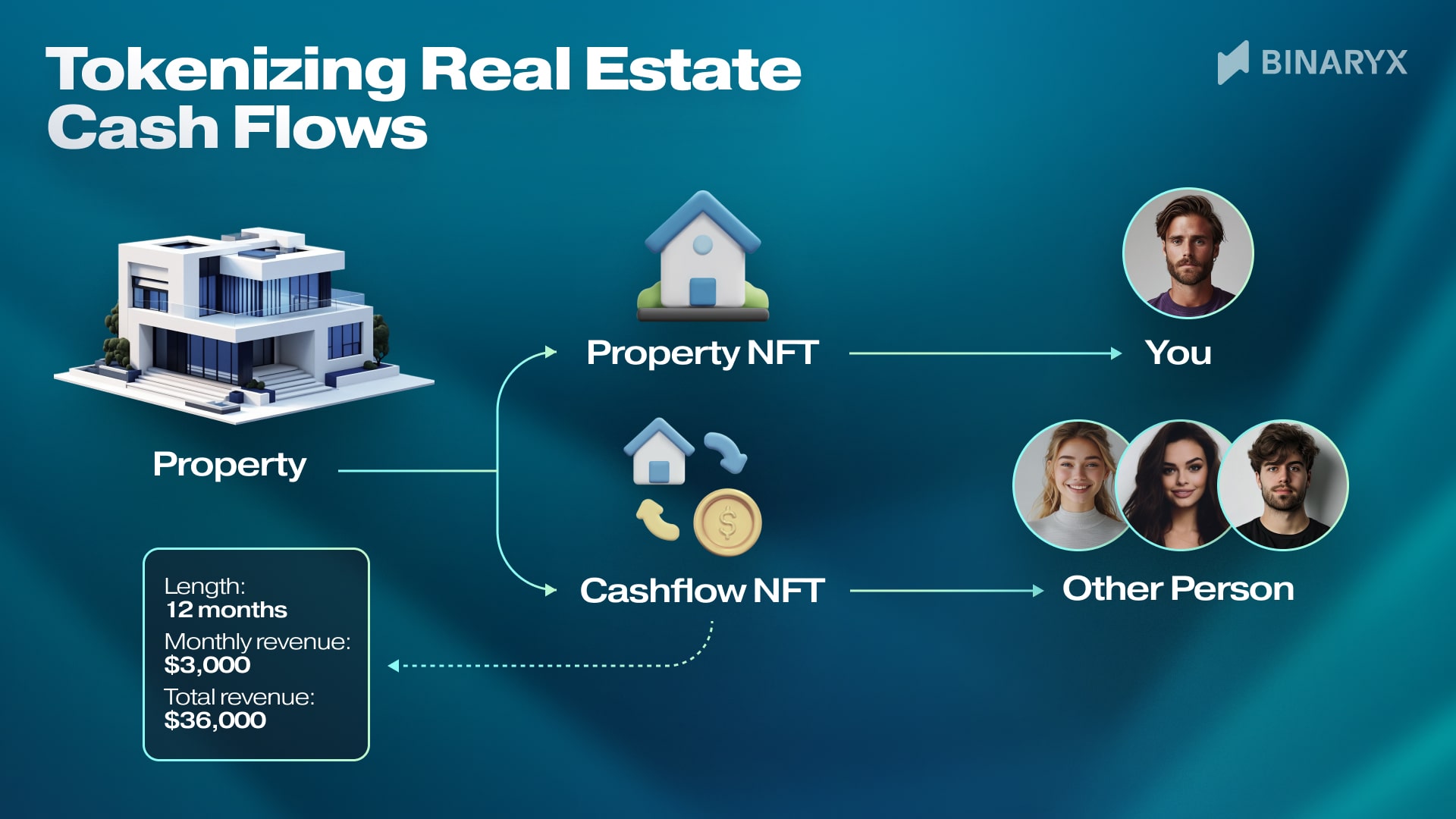
The Pros and Cons of Real Estate NFTs
As NFTs gain traction in the real estate sector, it's crucial to understand both the potential benefits and the inherent challenges that come with this innovative technology. While NFTs offer transformative possibilities, they also present certain risks and limitations that investors and industry professionals should carefully consider.
Benefits of Real Estate NFTs
- Transparency and Trust: Every detail, from ownership history to any encumbrances or liens, is permanently stored on the blockchain and can be accessed instantly. This transparency builds trust among buyers, sellers, and investors, significantly reducing the risk of fraud and errors typically associated with traditional real estate transactions.
- Streamlined Efficiency: NFTs enable property transfers to occur within hours or even minutes, rather than the weeks or months often required by traditional methods. This not only accelerates the process but also reduces costs, making real estate transactions more accessible and efficient for all parties involved.
- Customizable Investment Strategies: Now you have more than just the standard buying, selling and renting available to you. With NFT, you can quickly borrow against a piece of real estate or sell two years of rental income to get money now.
- Global Market Access: NFTs break down geographical barriers, allowing investors from anywhere in the world to access and invest in real estate markets that were previously inaccessible. This increases market liquidity and democratizes real estate investing by enabling a more diverse group of investors to participate.
Challenges of Real Estate NFTs
- Navigating Legal Uncertainties: The regulatory framework surrounding digital properties is still uncharted territory. For instance, questions around the enforceability of smart contracts and the recognition of NFT-based property rights by legal systems remain unresolved.
- Limited Adoption and Awareness:. Many in the real estate industry are still unfamiliar with the technology, leading to hesitancy in embracing NFT-based transactions. This lack of widespread adoption means that even if you are using it, you lack others to interact with.
- No One-Size-Fits-All Solution: The NFT space is currently fragmented, with numerous platforms offering different solutions for real estate tokenization. This fragmentation can create challenges for users who may find that their property NFTs are not transferable or usable across different platforms, limiting the fluidity and utility.
Fractional Tokenization: The Next Step in Real Estate NFT Investing
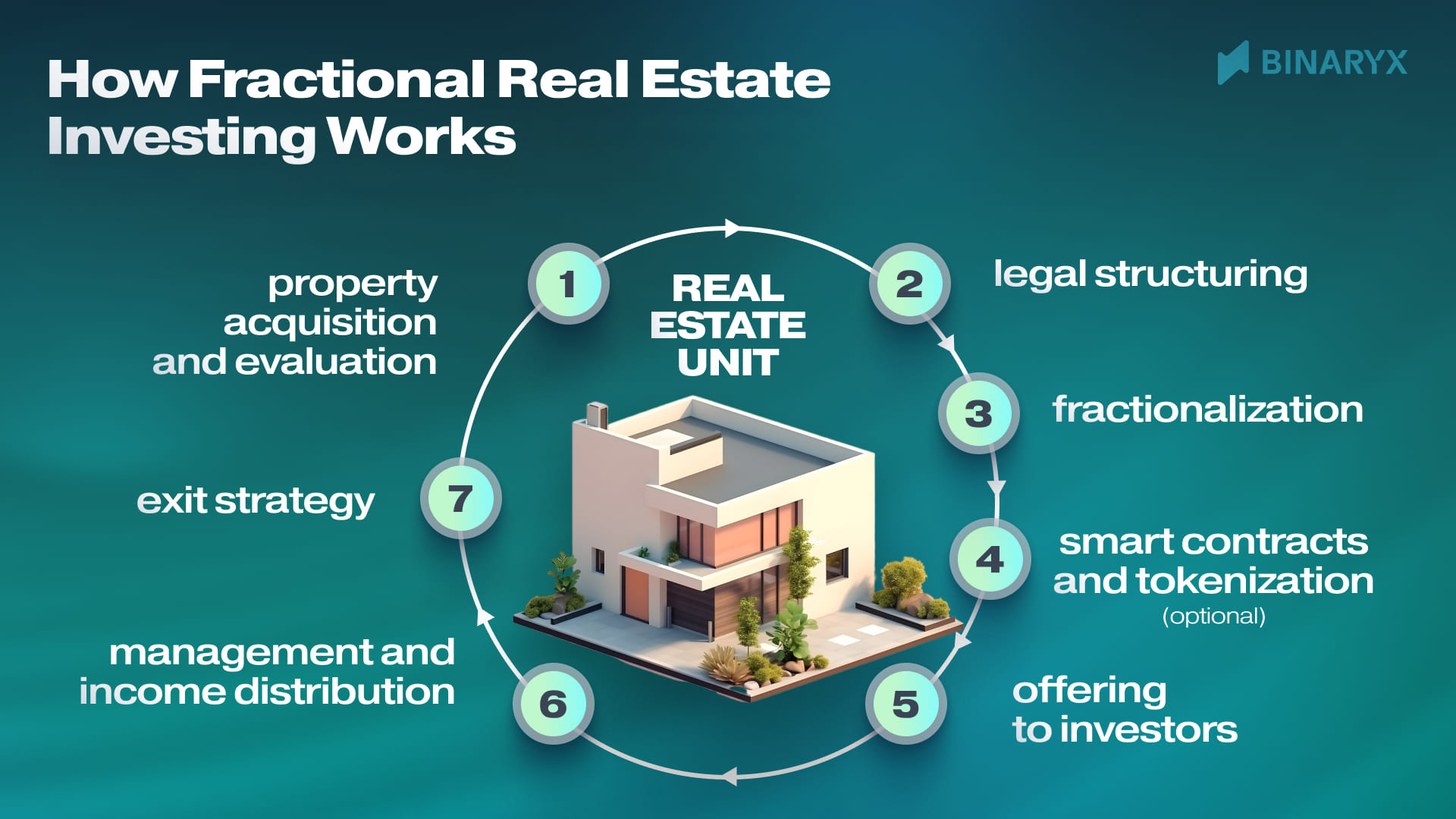
Imagine splitting an NFT real estate asset into thousands, or even hundreds of thousands, of tokens. The possibilities this creates go far beyond the use cases we've already discussed. These tokens, which can be either fungible or non-fungible depending on the platform, can grant you fractional ownership in high-value properties. This process, known as fractional tokenization, significantly lowers the barrier to entry for real estate investment, making it accessible to a much wider audience.
With fractional tokenization, you can buy and sell small fractions of real estate properties independently and build a diverse portfolio of various property units without fully acquiring them. This approach enables you to receive rental income from multiple properties, proportionate to your share in each property. The flexibility of fractional tokenization introduces highly customizable and personalized investment strategies, transforming investing into a more efficient and user-friendly enterprise.
For instance, consider a $195,000 rental villa in Bali, tokenized on the Binaryx platform. After evaluating the property, an LLC was established to hold the title, and then the villa was divided into 3,900 tokens, each valued at $50. Smart contracts now manage the fractional ownership and rental income distribution. If you purchase 100 such tokens, you’ll start automatically receiving 10.5% annual rental income in your digital wallet. If you decide to exit, you can sell your tokens on the secondary market whenever you want. Cool? Yes, but there is more. Now, imagine expanding your portfolio to include five rental properties, with the ability to choose and adjust your specific share of fractional ownership in each one. Check it out.
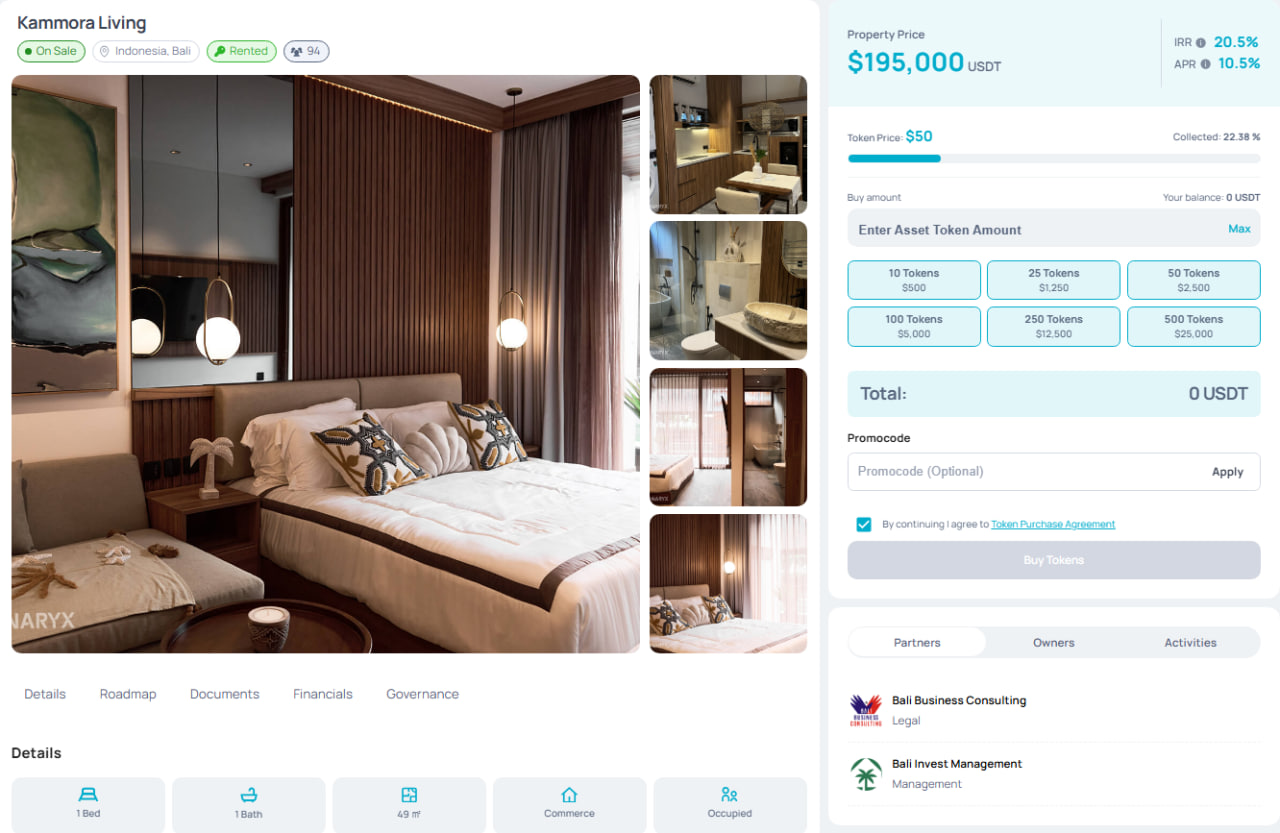
Conclusion
NFTs are beginning to reshape the real estate market by offering groundbreaking solutions for property ownership and investment. From creating immersive digital twins that enhance the way properties are showcased to streamlining proof of ownership, transaction speed, mortgages, and income generation, NFTs introduce a new paradigm in real estate. While the technology is still maturing, with challenges like legal uncertainties and limited adoption, the potential benefits are immense. As the real estate industry continues to explore these possibilities, NFTs could revolutionize how we buy, sell, and manage properties, paving the way for a more accessible and dynamic market.
For now, however, the most effective way to leverage blockchain in property investing is through fractional ownership. Explore this opportunity with the Binaryx Platform.
Articles you may be interested in

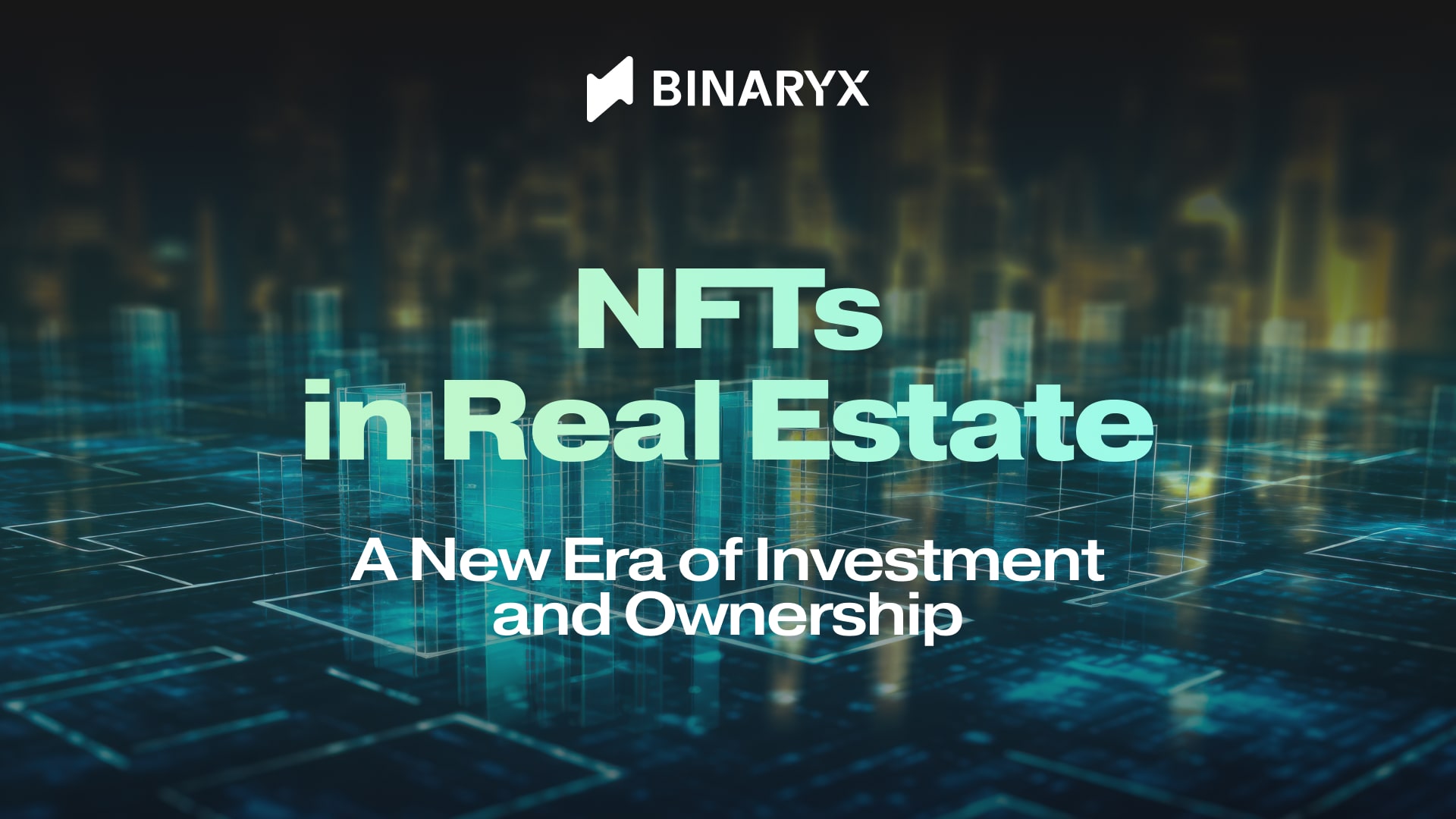
.jpg)
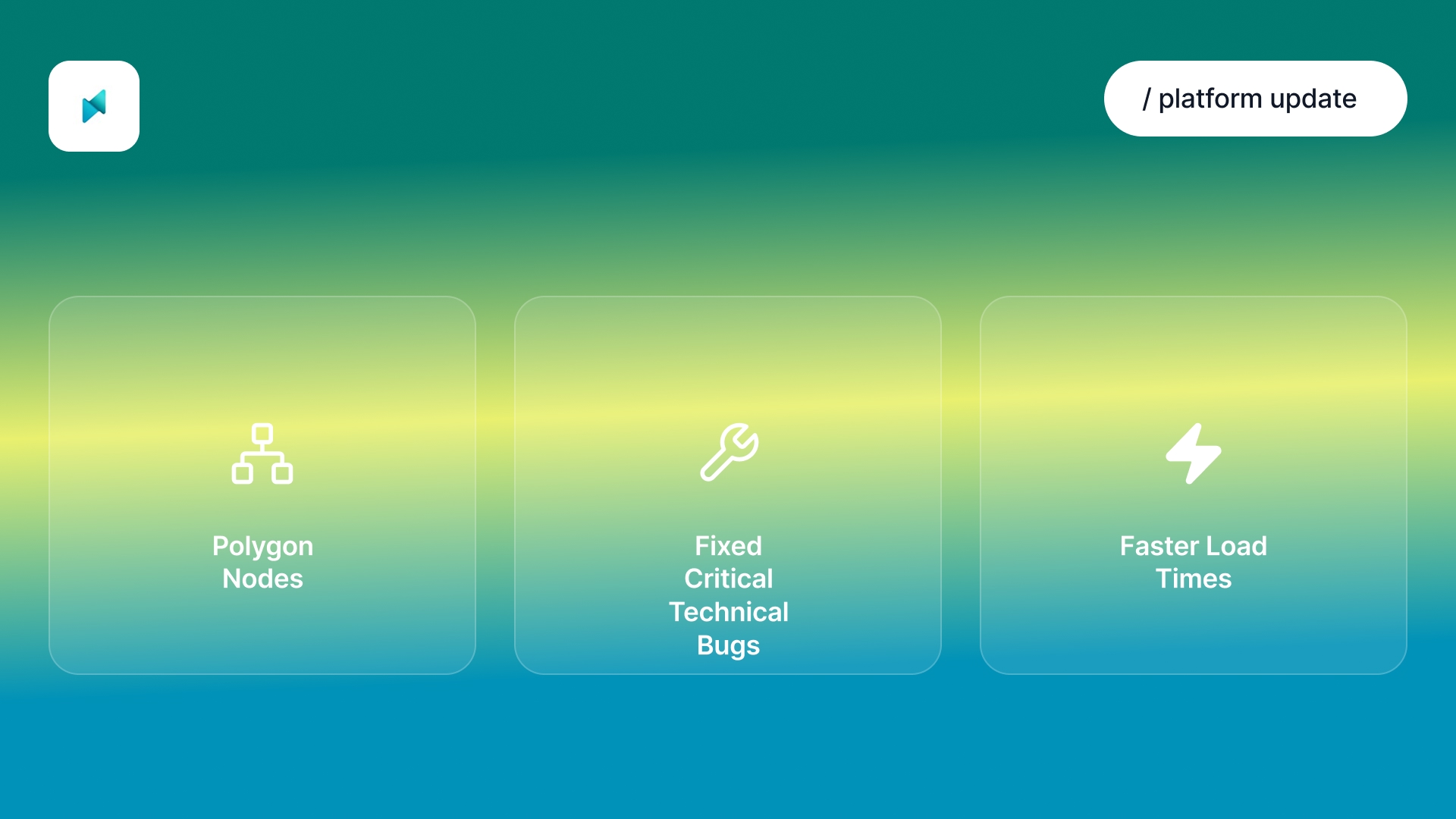
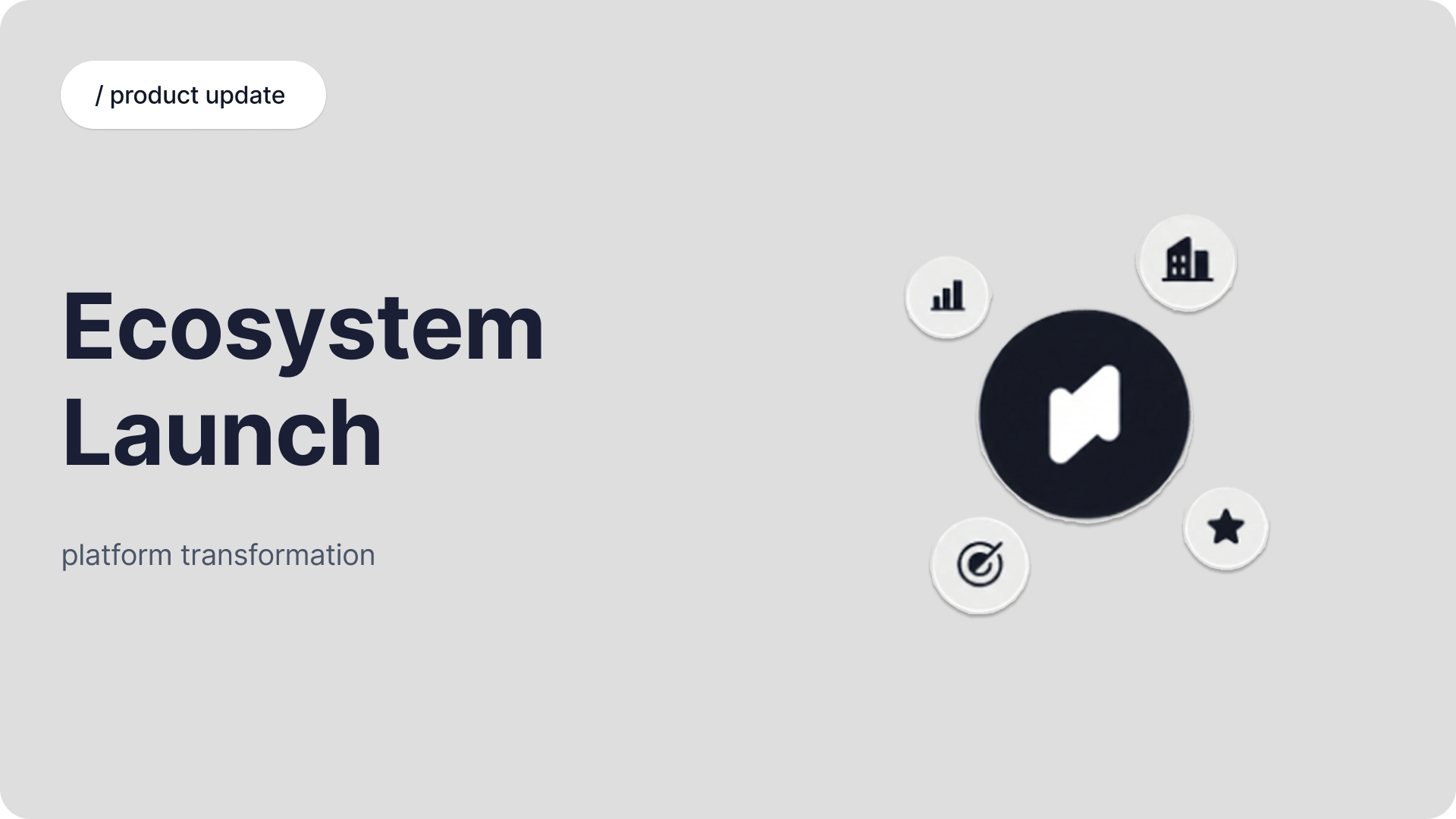
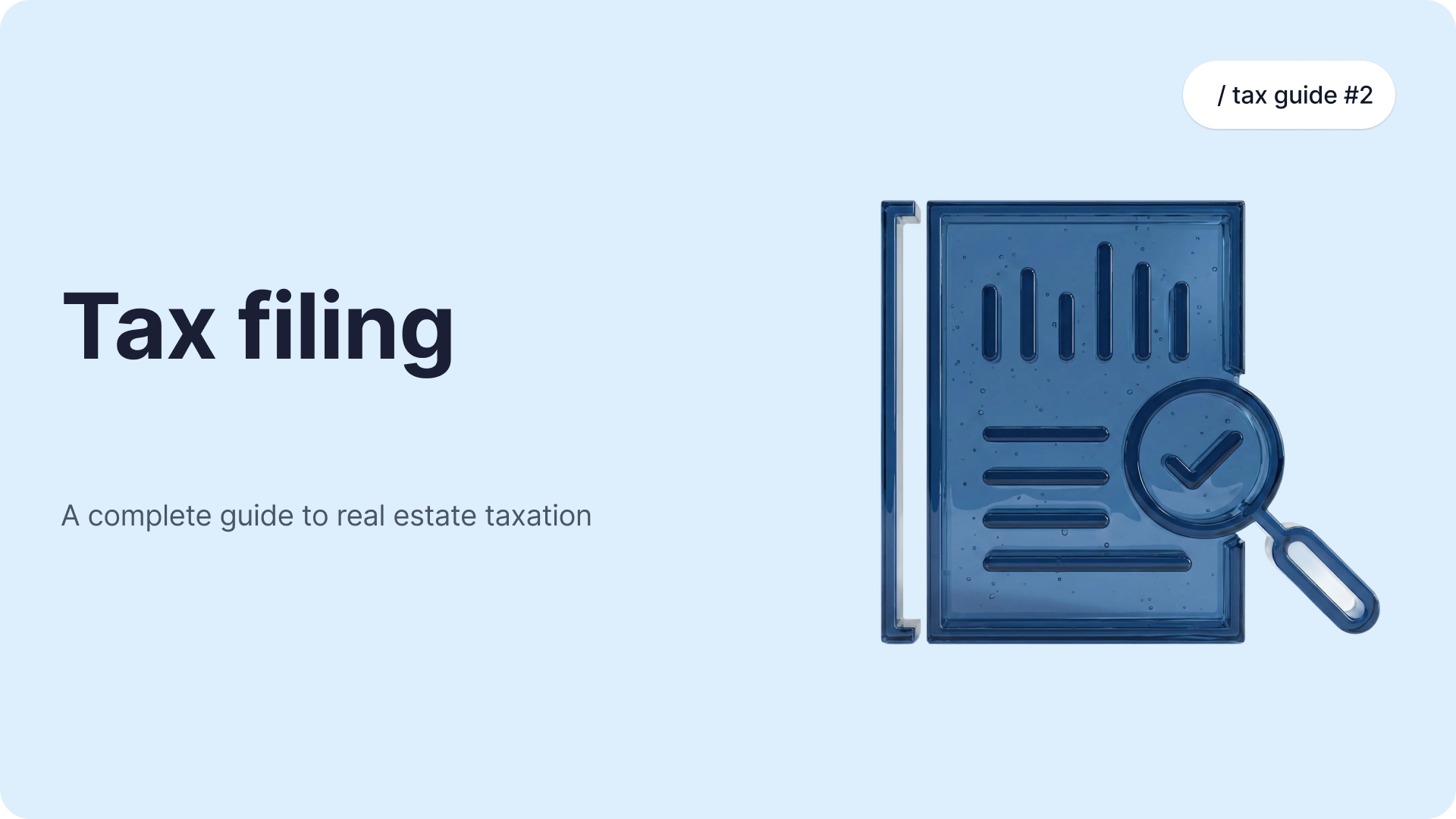
.png)
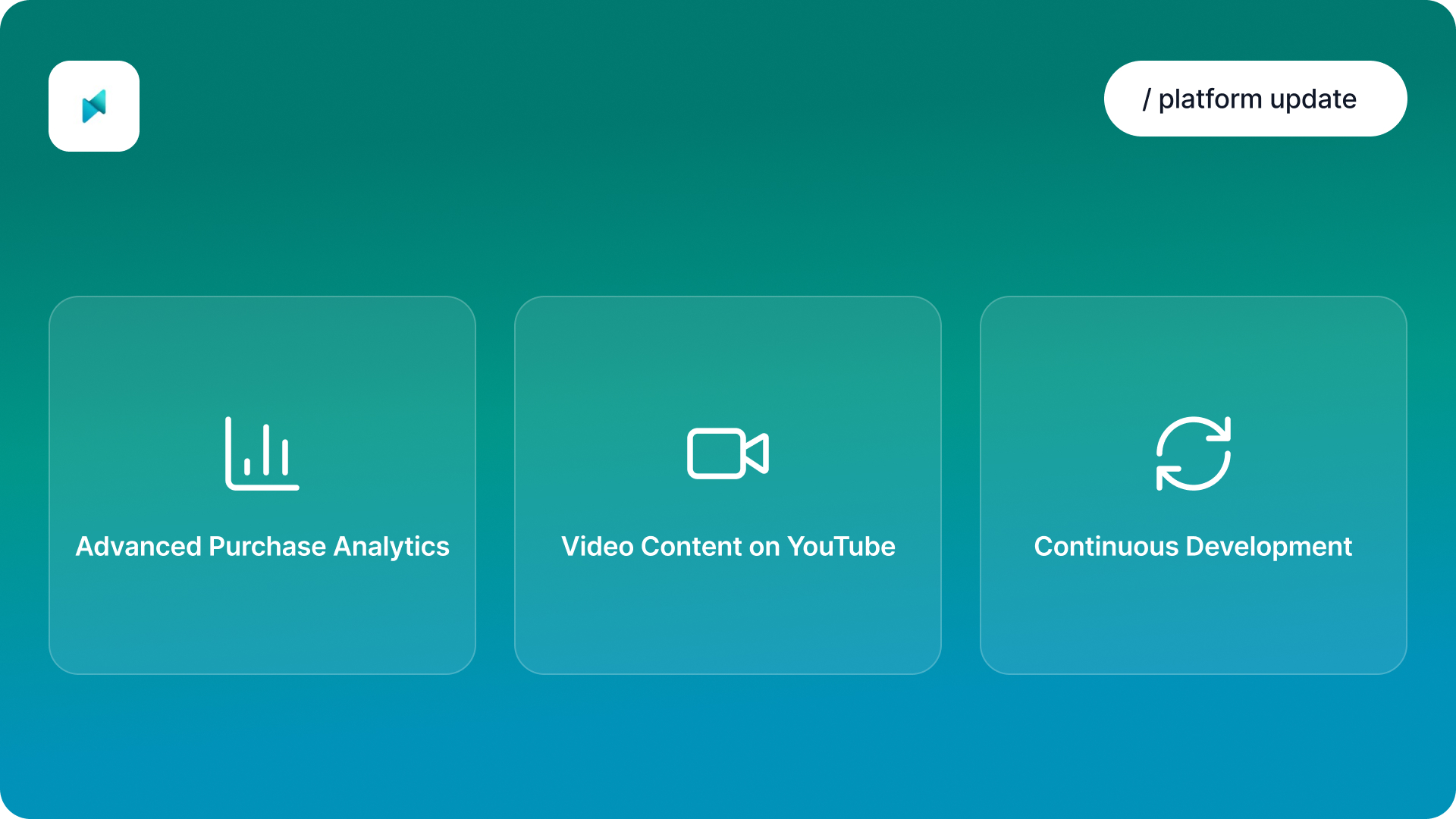
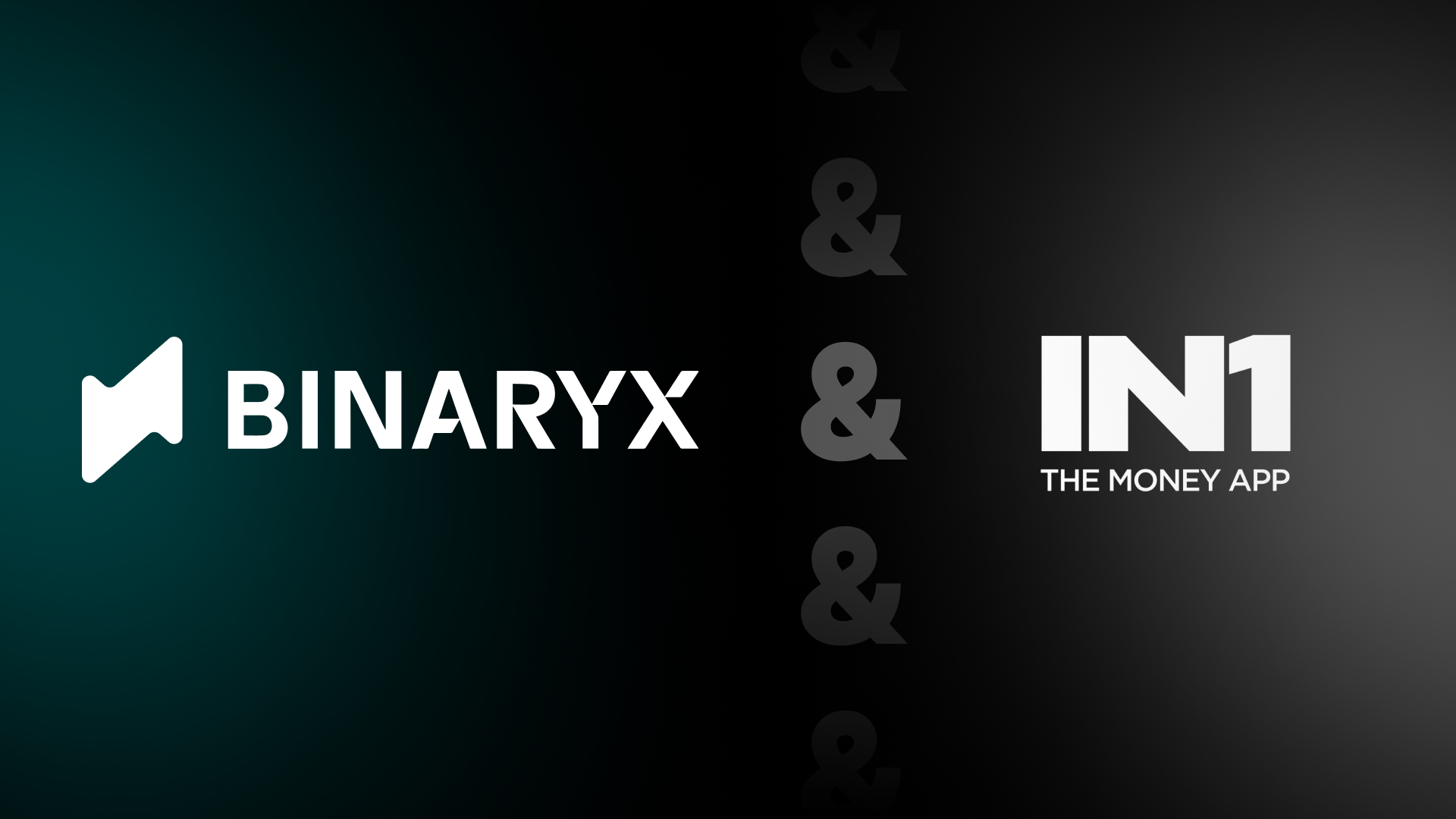
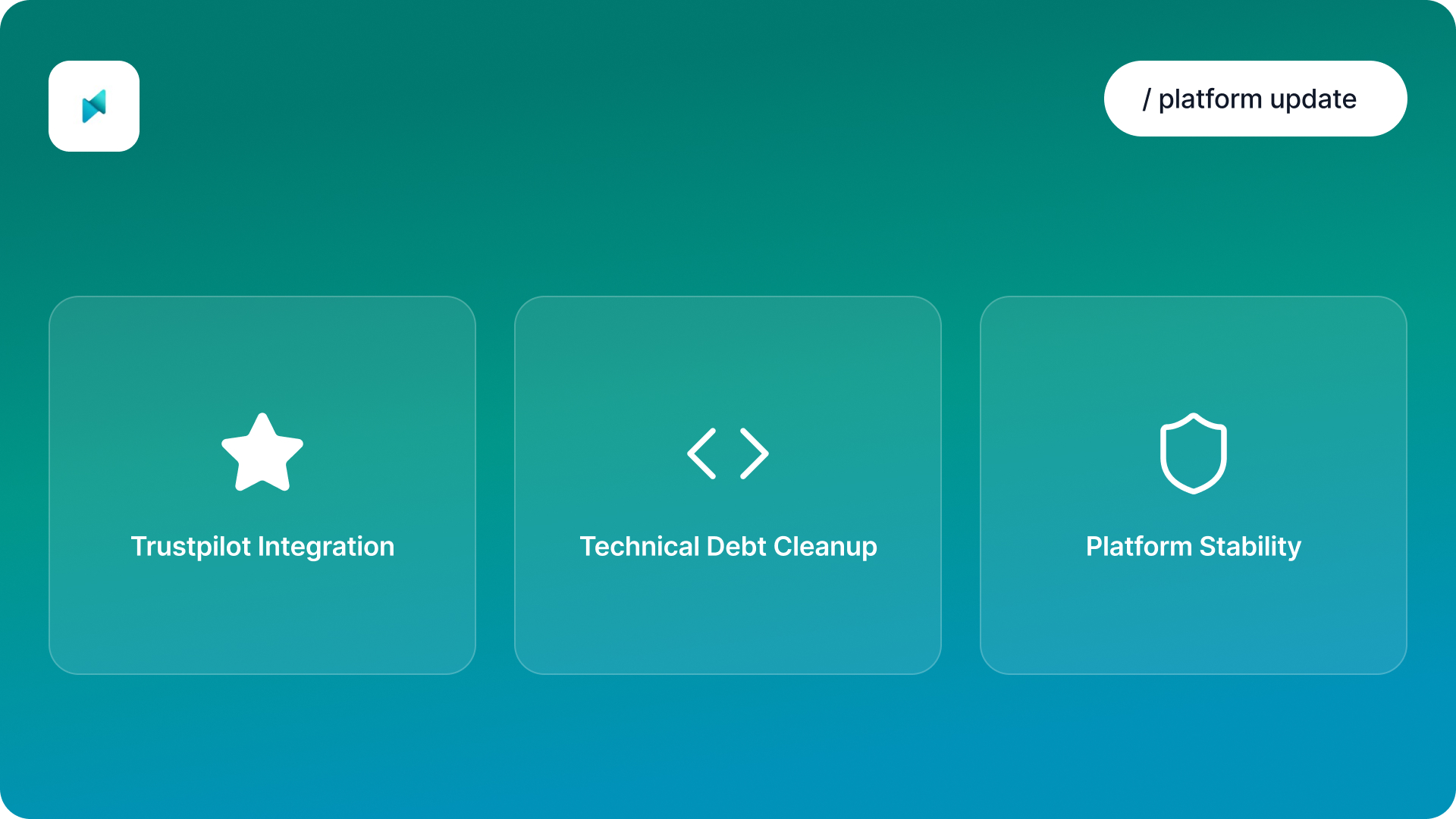
.png)

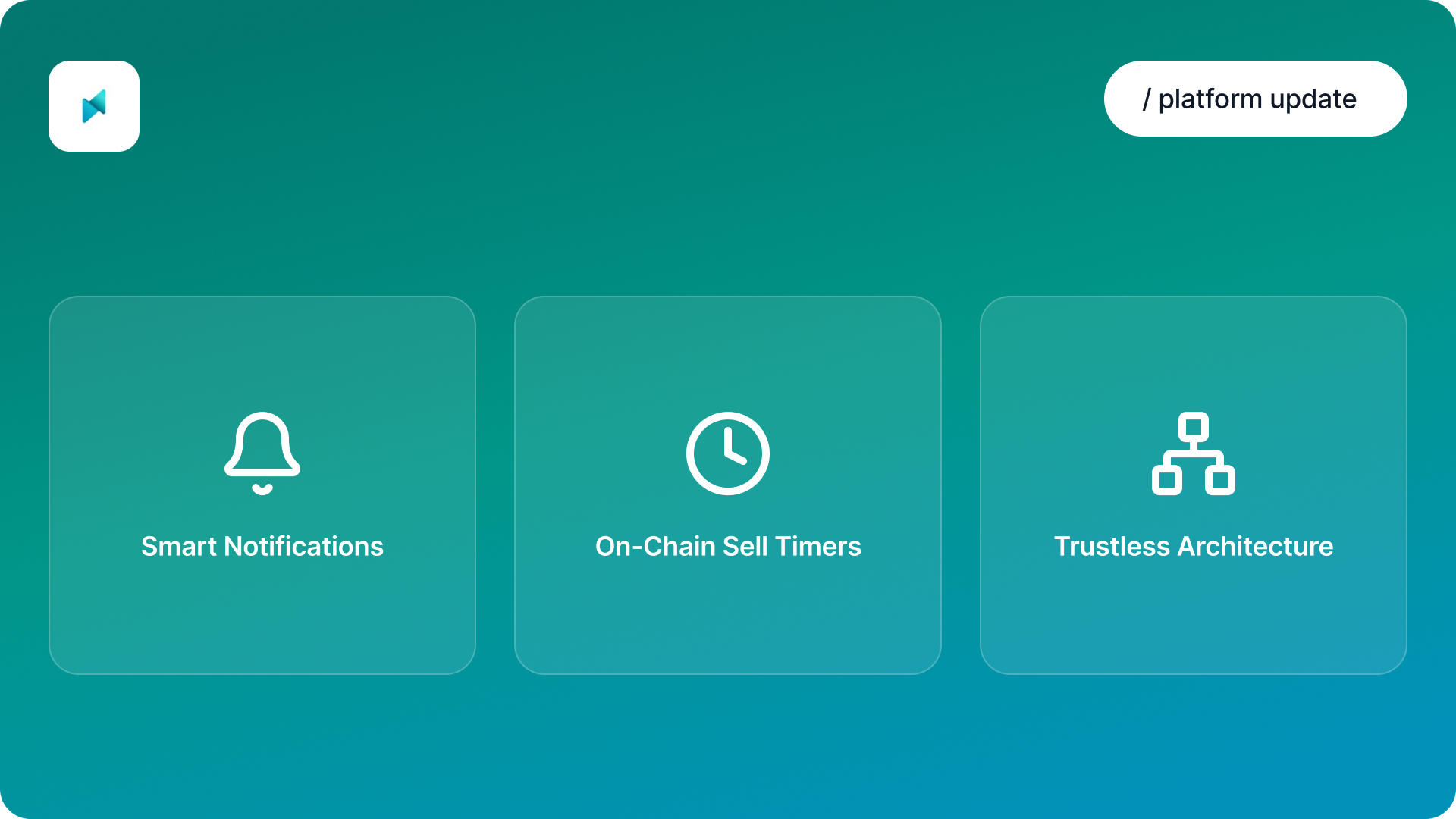

.webp)